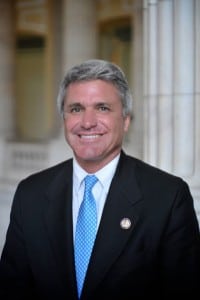
Rep. Michael McCaul (R-Texas), the outgoing chair of the House Homeland Security Committee and likely top Republican on the next Foreign Affairs Committee, said he will look to push for electrical grid security reforms and the formation of an international cyber doctrine in the face of growing threats from nation-state actors.McCaul told attendees at a Bloomberg event last week he expects the bipartisan attitude towards cyber to continue into the next Congress, which he said is critical for legislation needed…

 By
By 











